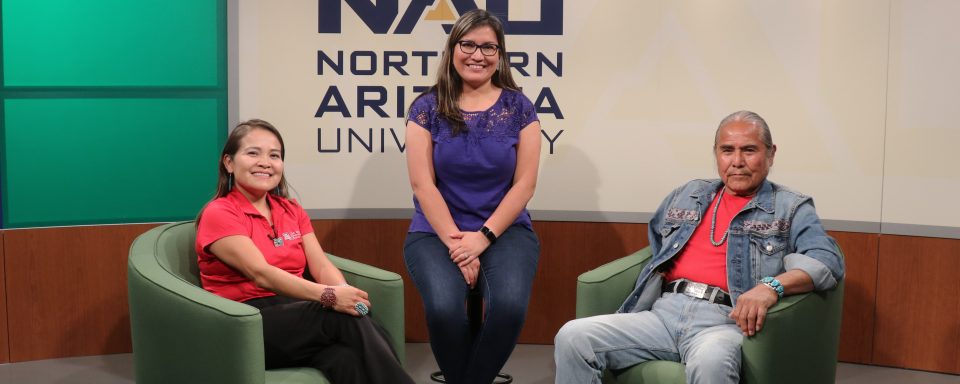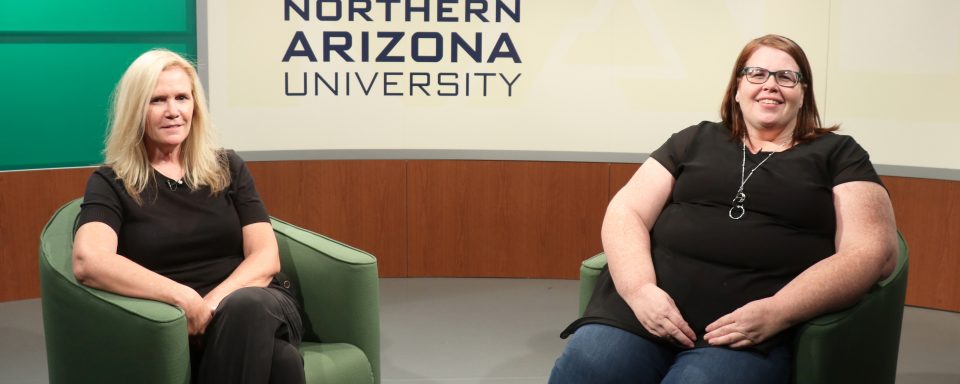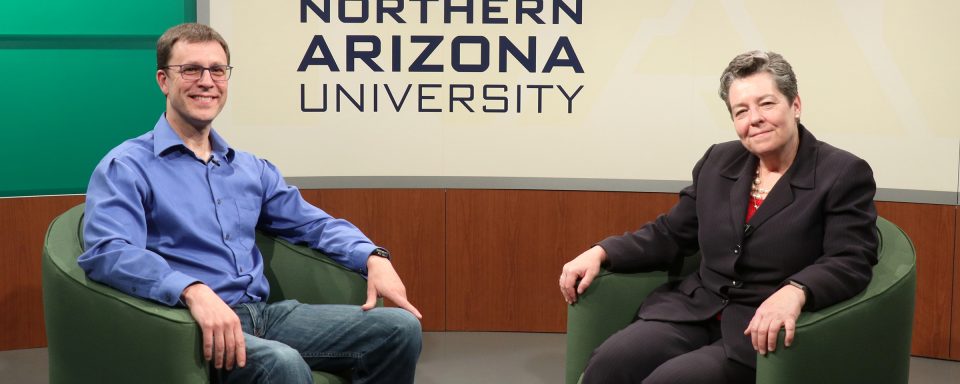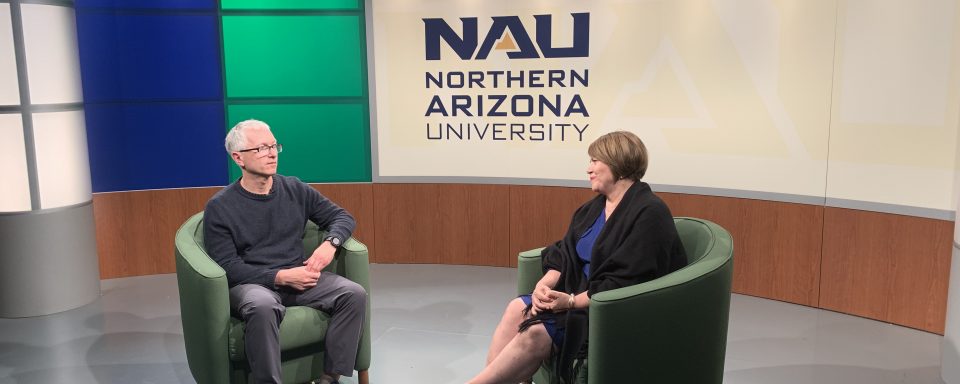Project Contact
Carmenlita Chief
For groups or personal reflection on the video series
Please take a few minutes after viewing to evaluate our video series Community Engaged Research Evaluation
Stories of Community-Engaged Research
This video project, Stories of Community-Engaged Research, features 4 community-university partnerships that are featured in their own mini video series. Each series contains 5 videos which focus on a specific aspect of the partnership development journey.
Video topics in each series:
- Video Topic 1: Meeting and Connecting
- Video Topic 2: Learning about your Partner
- Video Topic 3: Negotiating Expectations, Roles, and Responsibilities
- Video Topic 4: Navigating through Challenges and Successes
- Video Topic 5: Reflections: Important Lessons Learned
Series 1: “Tó Łitso (The Water is Yellow): Water contamination in Navajo Nation” Accordion Closed
This is the story of a community-engaged research project focused on studying the 2015 Gold King Mine spill and its impacts on Navajo communities along the San Juan River in New Mexico and Utah. The community-based partner is Duane “Chili” Yazzie. Yazzie is President of Shiprock Chapter on the Navajo Nation. Chapters are local forms of government which function like municipalities and are where most community matters are decided. The university partner is Karletta Chief. Karletta is an assistant professor and extension specialist in the Department of Soil, Water, and Environmental Sciences at the University of Arizona.
Series 2: “Improving the transition experience of youth out of the foster care system in Phoenix, Arizona” Accordion Closed
This is the story of a community-engaged research project focused on improving the transition experience of youth in foster care as they turn eighteen and leave the foster care system. The community-based partner is Shevaun Sullivan. Shevaun is the director of group home relations at a non-profit called Opportunity, Community & Justice for Kids, also known as OCJ Kids. OCJ Kids serves youth in the foster care system, providing them education and resources to help them be successful in every area of life. The university-partner is Amy Armstrong-Heimsoth. Amy is a clinical assistant professor in the Department of Occupational Therapy at Northern Arizona University.
Series 3: “Understanding the Spread of Staphylococcus aureus in the Yuma, Arizona region” Accordion Closed
This is the story of a community-engaged research project focused on understanding the spread of Staphylococcus aureus in Yuma, Arizona. Staphylococcus aureus is a species of bacteria on our bodies that approximately 30% of humans carry. Though it doesn’t usually cause disease, this bacterium is a common cause of skin, soft-tissue, bone, joint, respiratory and endovascular infections and can result in life-threatening disorders. The community-based partner is Trudie Milner. Trudie is the vice president of operations at Yuma Regional Medical Center, a large not-for-profit hospital, located in the southwest corner of the Arizona, bordering California and Mexico. The university-partner is Talima Pearson. Tal is an assistant research professor in the Department of Biological Sciences at Northern Arizona University.
Series 4: “Health Impacts of Environmental Contaminants in the Yuma, Arizona region” Accordion Closed
This is the story of a community-engaged research project focused on health impacts of environmental contaminants in the Yuma, AZ region. The community-based partner is Emma Torres. Emma is the chief executive officer for Campesinos Sin Fronteras. Since its inception in 1999, the goal of Campesinos Sin Fronteras has been to improve the quality of life of farm workers and their families. As pioneers of the “Promotora” model (Community Lay Health Worker) in Arizona, they have had helped to develop and implement the model throughout the country. The university-partner is Frank von Hippel. Frank is a professor in the Department of Biological Sciences at Northern Arizona University.
This research was supported in part by a National Institute on Minority Health and Health Disparities (NIMHD) center grant to the Southwest Health Equity Research Collaborative at Northern Arizona University (U54MD012388).



